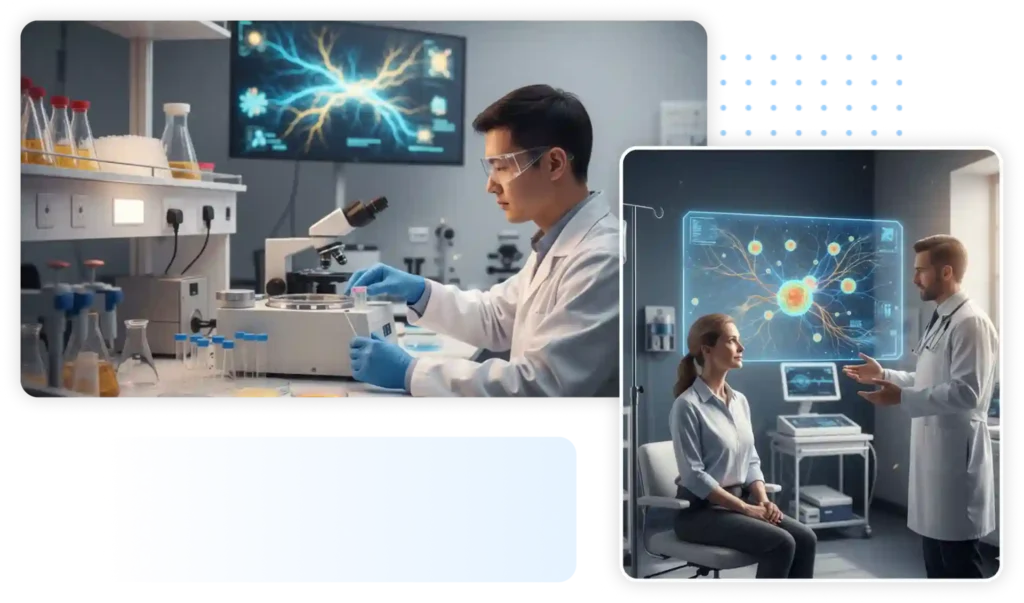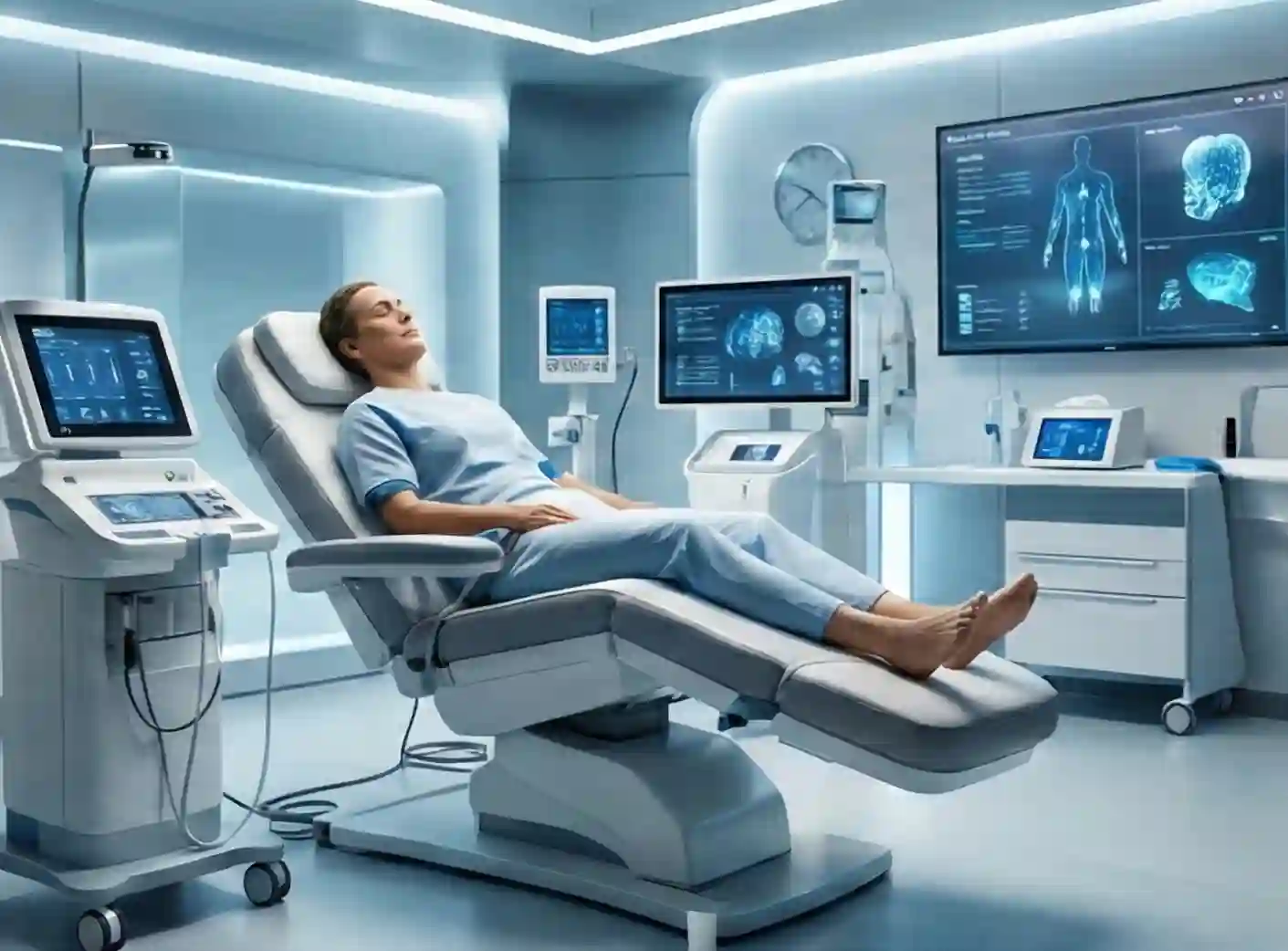Multiple Sclerosis (MS): Understanding, Current Treatments, and Regenerative Research
Medical Review: Dr. Gerald Mastaw, MD – Board-Certified PhysicianLast Updated: October 2025 What Is Multiple Sclerosis? Multiple Sclerosis (MS) is a chronic autoimmune condition that affects the central nervous system (CNS), primarily the brain, spinal cord, and optic nerves. In MS, the immune system mistakenly attacks myelin, the protective covering around nerve fibers. This leads…










